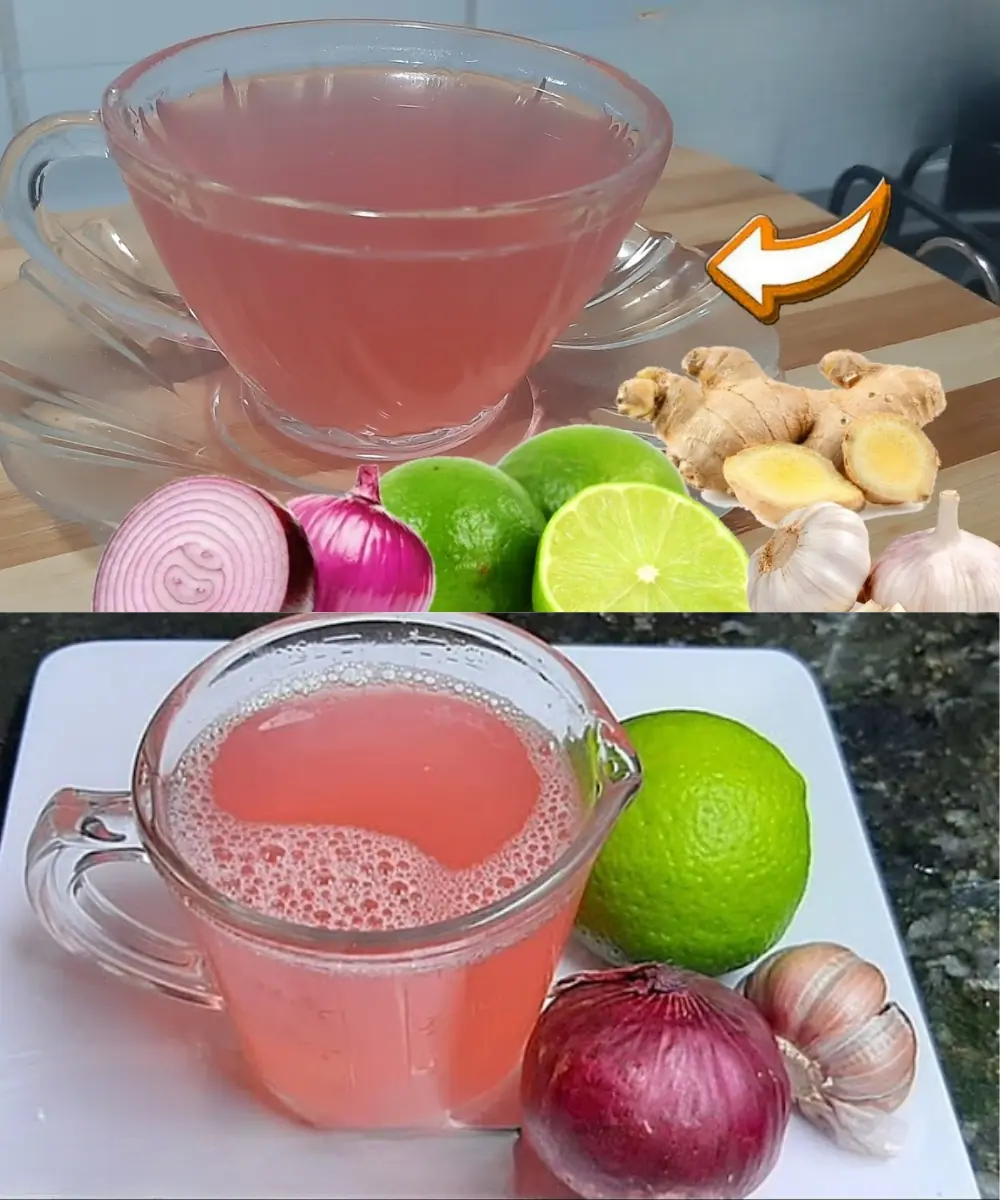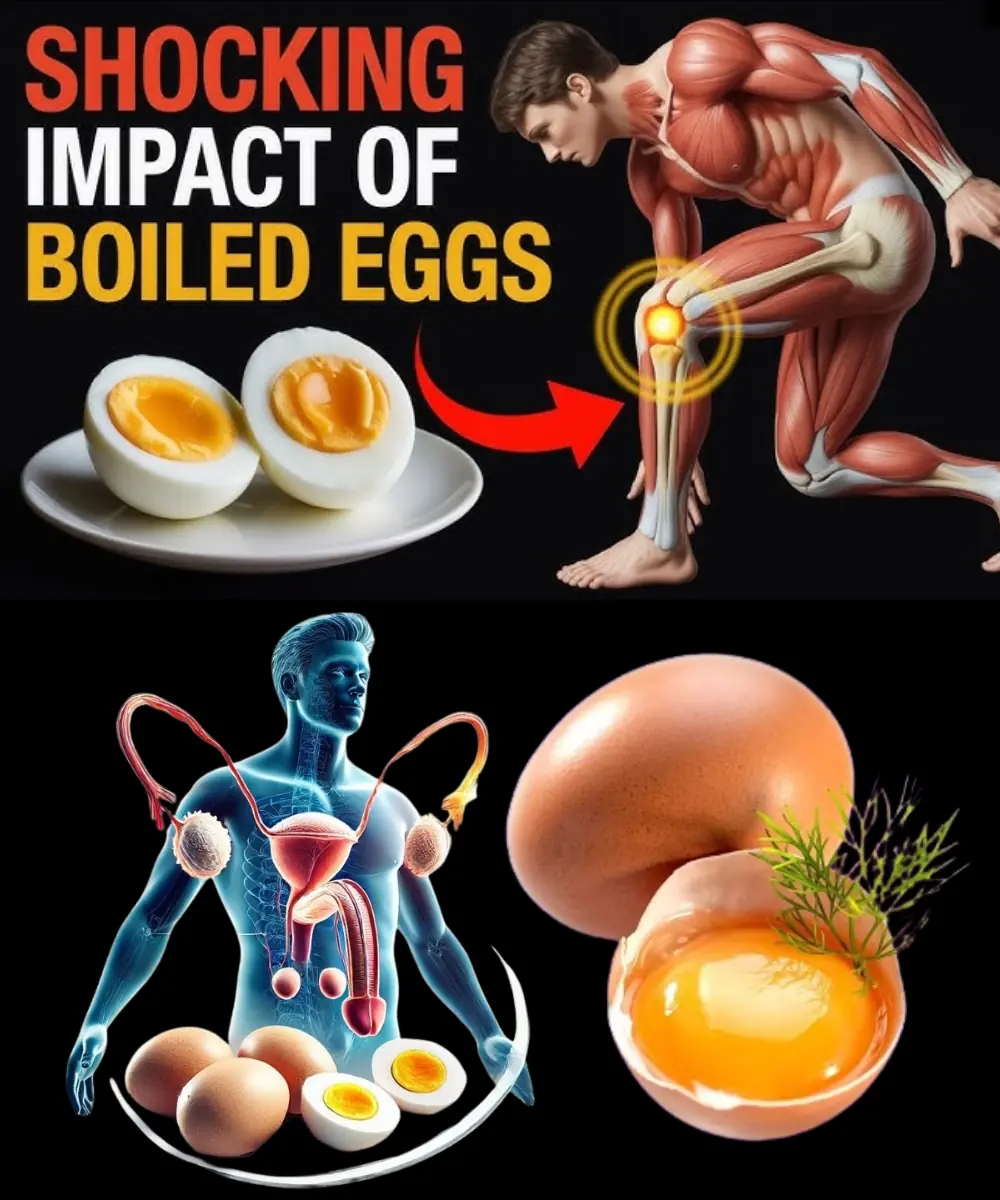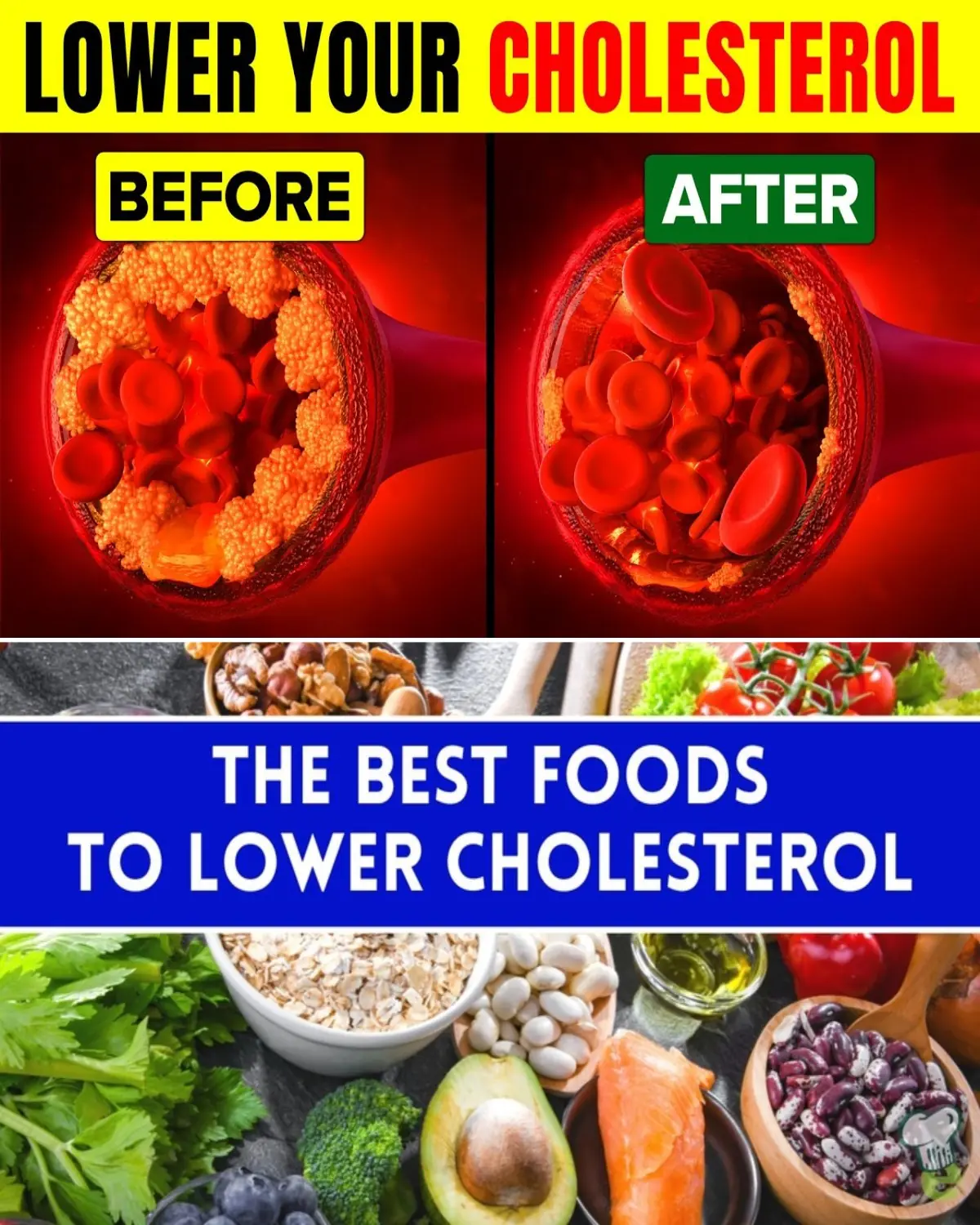
High-Cholesterol Foods" – Several Times More Than Egg Yolks! Avoid Them Early to Prevent Strokes
The Link Between Cholesterol and Stroke
Stroke, also known as a cerebrovascular accident (CVA), is a common cardiovascular disease caused by a disruption in blood flow to the brain.
According to a 2019 study by The Lancet, approximately 13.7 million new cases of stroke occur worldwide each year.
Does Cholesterol Influence Stroke Risk?
Yes, significantly. Cholesterol is a key component of blood lipids, and high cholesterol levels often indicate elevated blood lipid levels.
Older adults or those with high blood lipids face an increased risk of stroke. The primary cause of stroke is long-term elevated blood lipids, which lead to arterial hardening and plaque formation, eventually blocking blood flow and causing a stroke.
✔ Dietary recommendations:
- Reduce salt and fat intake.
- If you have a history of stroke, consider lipid-lowering medications as prescribed by a doctor to stabilize plaques and lower blood lipids, preventing recurrence.
Do Egg Yolks Raise Cholesterol?
A study found that after age 45, carotid artery plaques tend to increase with age. Participants who ate at least three egg yolks per week had significantly larger plaques than those who ate no more than two per week.
✔ Recommendation:
- A healthy individual should consume no more than one egg yolk per day.
- People with high cholesterol levels should be extra cautious about egg yolk intake.
Foods with Cholesterol Levels Higher Than Egg Yolks – Avoid Them to Reduce Stroke Risk
1. Dried Squid
- 100g of dried squid contains 871mg of cholesterol—three times more than an egg yolk.
- Excessive consumption can lead to increased artery blockage, raising the risk of acute stroke and cardiovascular diseases.
👉 Limit intake to avoid high blood lipid levels and artery blockage.
2. Pig Brain
- 100g of pig brain contains 2,571mg of cholesterol, and a whole pig brain (200–300g) contains between 5,000–7,500mg.
- In contrast, the recommended daily cholesterol intake for adults is only 300mg—meaning one pig brain exceeds the daily limit by 20 times.
👉 Regular consumption can lead to dangerously high cholesterol levels, increasing the risk of stroke and heart disease.
3. Lard (Pork Fat)
- Many chefs favor lard for its rich flavor, but it is extremely high in cholesterol.
- Frequent consumption thickens the blood, accelerating artery blockages.
👉 Replace lard with plant-based oils for better heart health.
4. Bone Broth
- Many believe bone broth is highly nutritious, particularly in winter.
- However, bones contain high cholesterol levels, which dissolve into the broth during cooking. Drinking bone broth can actually harm blood vessel health.
👉 Limit bone broth intake, especially if you have high cholesterol.
How to Prevent High Cholesterol?
1. Adopt a Heart-Healthy Diet
- Reduce saturated and trans fats, and consume fiber-rich and unsaturated fat sources.
- Foods such as oats, beans, avocados, and vegetable oils help lower LDL cholesterol while boosting HDL cholesterol.
✔ Eggs were once considered a major contributor to high cholesterol. However, research has shown that consuming one egg per day is generally safe for most people.
2. Stay Hydrated
- Drinking water helps reduce blood viscosity, aiding in cholesterol removal.
- A glass of warm water in the morning and before meals can improve circulation.
✔ Eat fresh fruits and vegetables while avoiding animal fats and organ meats.
3. Maintain a Healthy Lifestyle
- Get enough sleep and manage stress.
- Limit alcohol and tobacco consumption, as both contribute to higher cholesterol levels.
- Avoid excessive workloads, as stress can disrupt lipid metabolism.
✔ A calm and balanced mindset helps regulate cholesterol levels.
4. Exercise Regularly
- Physical activity is essential for lowering cholesterol.
- Running, swimming, basketball, and sit-ups boost metabolism and burn fat.
✔ If your cholesterol levels are already high, consult a doctor—medication may be necessary.
Top Cholesterol-Lowering Foods
1. Black Fungus (Wood Ear Mushrooms)
- Rich in amino acids that cleanse the intestines, reducing cholesterol.
- Helps prevent blood clots and protects cardiovascular health.
2. Garlic
- Reduces cholesterol synthesis in the liver.
- Eating just three cloves of garlic per day can lower bad cholesterol and raise good cholesterol, reducing heart disease risk.
3. Shiitake Mushrooms
- Significantly lowers serum cholesterol and triglyceride levels.
- Regular consumption helps manage cholesterol levels in older adults.
4. Seaweed (Kelp)
- Contains fiber and alginate, which remove toxins and prevent cholesterol absorption.
- Cleanses blood vessels and helps maintain healthy cholesterol levels.
Conclusion
📌 High cholesterol is a leading cause of stroke but can be managed with diet and lifestyle changes.
📌 Avoid high-cholesterol foods such as dried squid, pig brain, lard, and bone broth.
📌 Incorporate heart-healthy foods like mushrooms, garlic, and seaweed.
📌 Exercise and maintain a balanced lifestyle to protect cardiovascular health! 💖
News in the same category


Don’t Drink Coconut Water Before You Know These 11 Secrets!

Pumpkin Seed Milk — The Natural Parasite Cleanser

Fast Rice Water Trick for a Brighter Smile

Morning Drink to Revive Your Kidneys Fast

The Onion Recipe That Could Transform Your Blood Sugar, Support Cleaner Arteries, and Protect Your Heart!

Top 4 Fruits That Help Your Kidneys Flush Out Toxins While You Sleep

Ginger, Clove, and Honey: The Natural Trio Your Body Will Thank You For

Heal 15 Years of Joint Pain Naturally with Turmeric and Honey Tea

This Juice Revived My Grandma’s Energy — Say Goodbye to Fatigue and Body Pain with This Natural Recipe

I’m 66 but Look 36 — My Secret? Aloe Vera & Ginger for Firm, Smooth Skin

How to Make Okra Water to Treat 17 Health Problems Naturally

Banana and Egg Mask to Look Younger Even in Your 80s

Scent Leaf Secrets Unveiled: 10 Surprising Health Benefits of This Miracle Herb

From White Hair to Black Hair Naturally in Just 5 Minutes — Fast Hair Growth Remedy

Boost Your Immune System Year-Round with Garlic, Onion, and Lemon

When You Start Eating 2 Eggs Every Day, Here’s What Happens to Your Body (Is It BAD??)

13 Warning Signs Your Kidneys Are Failing – Don’t Ignore These Symptoms

Save Your Heart: 8 Foods to Naturally Lower Cholesterol

Silent Signs of Artery Blockages Seniors Can’t Ignore
News Post

WHAT HAPPENS WHEN WE TONGUE KISS…See more

Nature’s Secret: 4 Healing Leaves That Support Metabolism, Immunity & Circulation Naturally

Don’t Drink Coconut Water Before You Know These 11 Secrets!

Pumpkin Seed Milk — The Natural Parasite Cleanser

Fast Rice Water Trick for a Brighter Smile

Morning Drink to Revive Your Kidneys Fast

The Onion Recipe That Could Transform Your Blood Sugar, Support Cleaner Arteries, and Protect Your Heart!

Top 4 Fruits That Help Your Kidneys Flush Out Toxins While You Sleep

Ginger, Clove, and Honey: The Natural Trio Your Body Will Thank You For

Heal 15 Years of Joint Pain Naturally with Turmeric and Honey Tea

This Juice Revived My Grandma’s Energy — Say Goodbye to Fatigue and Body Pain with This Natural Recipe

The Benefits of Eating 2 Boiled Eggs Every Morning: Transform Your Health!

If Your Kidneys Are in Danger, Your Body Will Send You These 8 Signals — Don’t Ignore Them

The Surprising Effects of Avocado on Your Heart and Brain

Ways to Get Over a Man Who Didn’t Value You

I’m 66 but Look 36 — My Secret? Aloe Vera & Ginger for Firm, Smooth Skin

How to Make Okra Water to Treat 17 Health Problems Naturally

Banana and Egg Mask to Look Younger Even in Your 80s

Scent Leaf Secrets Unveiled: 10 Surprising Health Benefits of This Miracle Herb

